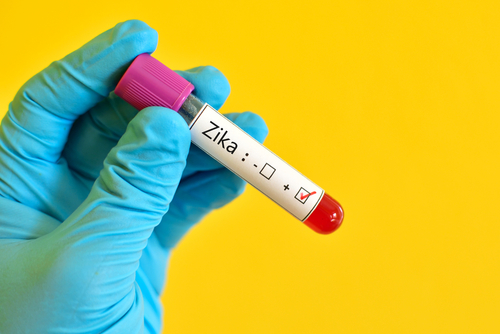
A collaborative research effort by the Johns Hopkins University School of Medicine, the National Institutes of Health and Florida State University recently revealed two classes of compounds already in use in the pharmaceutical industry that might prove useful in the fight against Zika virus.
The research teams exposed cell structures similar to Zika virus to multiple kinds of drugs, measuring for indicators of cell death, caspase-3 activity and ATP, a molecule that is indicative of cell vitality.
After testing more than 6,000 different kinda of drugs, the research teams identified three drugs that showed enough promising results to warrant further study — PHA-690509, an investigational compound with antiviral properties; emricasan, a drug currently in clinical trails to reduce liver damage from hepatitis C and shown to have neuroprotective effects; and niclosamide, a drug used in humans and livestock to combat parasitic infections.
“The three drugs are very effective against Zika in the dish, but we don’t know if they can work in humans in the same way,” Dr. Hongjun Song, director of the stem cell program in the Institute of Cell Engineering at Johns Hopkins, said.
Song added that niclosamide can safely treat parasites in the human gastrointestinal tract, but it has not yet been determined if the drug can effectively penetrate the central nervous system of adults or a fetus inside a carrier’s womb to treat the brain cells targeted by Zika virus.
The research teams said that their next steps include testing the efficacy of the drugs in animal models to see if they have the ability to combat Zika in vivo.




